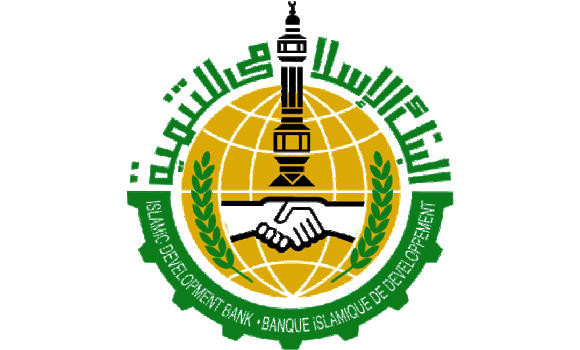LONDON: The research arm of the Islamic Development Bank plans to use blockchain technology to develop Shariah-compliant products, aiming to support financial inclusion efforts across its member countries.
The Jeddah-based Islamic Research and Training Institute said it had signed an agreement with local firm Ateon and Belgium-based SettleMint, with the first stage to focus on a technical feasibility study.
The agreement is the latest effort to combine blockchain technology to tap demand from Muslim investors, with firms from Indonesia to Canada having already received Shariah-compliant certification for their products.
Involvement of the IDB, a multilateral development institution, could also encourage other fintech firms to incorporate Islamic finance to tap markets across the Middle East, Asia and Africa.
Islamic finance follows religious principles such as a ban on gambling and outright speculation, but until now the sector has focused on traditional retail banking services.
Blockchain involves a shared electronic ledger that allows all parties to track information through a secure network, removing the need for third-party verification.
The IDB said such features would allow for instantaneous clearing and settlement of transactions and asset exchanges, while helping eliminate counterparty risk.
— REUTERS
IDB to develop Shariah-compliant blockchain
IDB to develop Shariah-compliant blockchain

UN Human Rights Council to hold urgent Iran meeting on Friday

- Any attack on Iranian Supreme Leader Ali Khamenei would trigger a declaration of holy war, the national security parliamentary commission said on Tuesday
GENEVA: The UN Human Rights Council will hold an urgent special session this week on “the deteriorating human rights situation in the Islamic Republic of Iran,” a spokesman said Tuesday.
It follows a request from Britain, Germany, Iceland, Moldova, and North Macedonia and will take place on Friday, council spokesman Pascal Sim told reporters in Geneva.
In a letter addressed to the council’s president, the five countries highlighted “credible reports of alarming violence, crackdowns on protesters, and violations of international human rights law across the country.”
The request had received backing from more than one-third of the council’s 47 members needed for a special session to go ahead.
The UN Security Council in New York met last week to discuss Iran, which is reeling from anti-government protests.
Any attack on Iranian Supreme Leader Ali Khamenei would trigger a declaration of holy war, the national security parliamentary commission said on Tuesday.
“Any attack on the Supreme Leader means a declaration of war with the entire Islamic world and must await the issuance of a Jihad decree by Islamic scholars and the response of Islam’s soldiers in all parts of the world,” the parliamentary commission was quoted as saying by Iranian Students News Agency .











